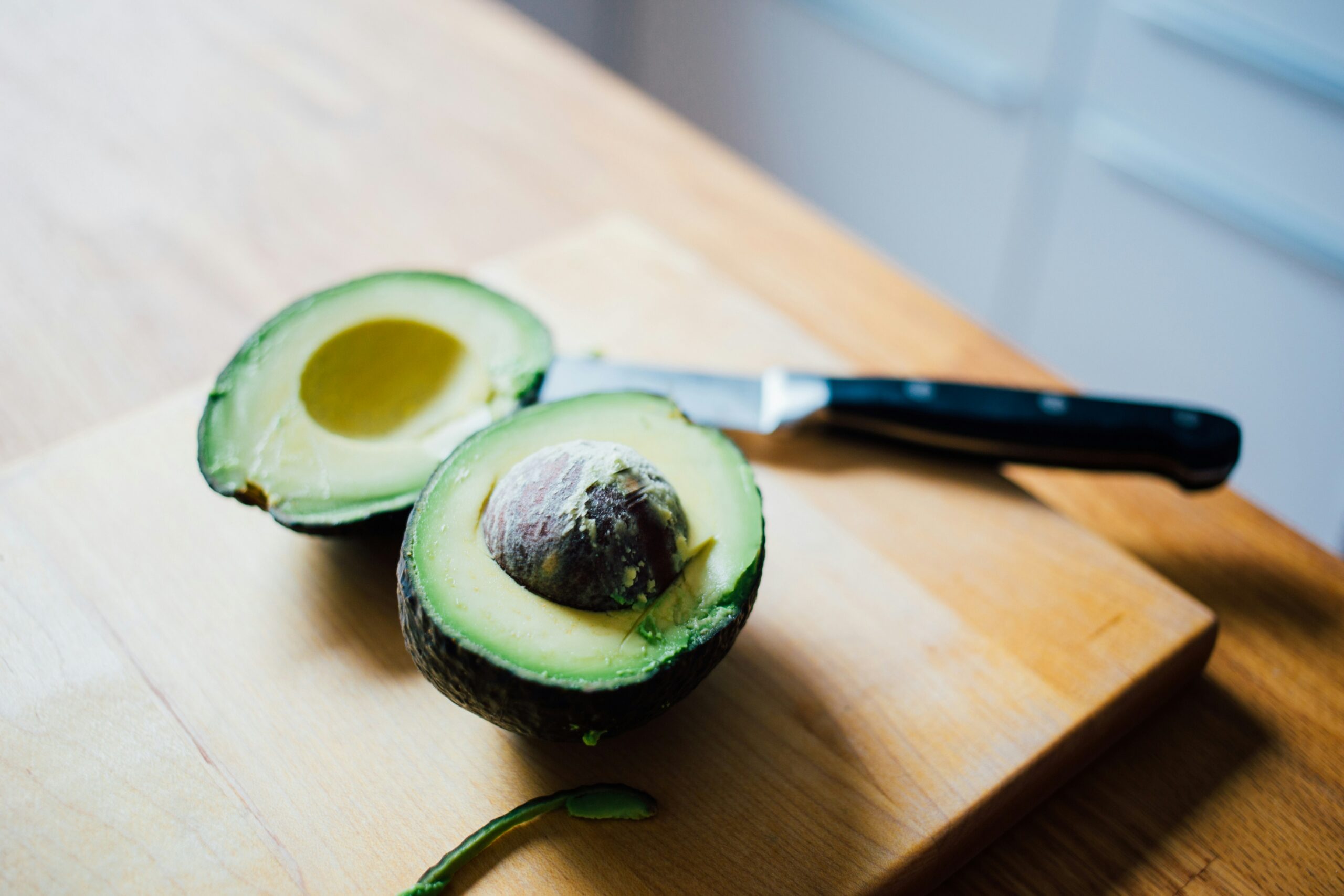If you grew up in the 90s or even the early 2000s, chances are you’ve picked up some interesting “facts” about nutrition that are still hanging around today. The problem? Science has moved on, but some of these myths are like that one pop song you can’t get out of your head—persistent. Let’s break down these outdated beliefs and get to the truth.
1. Eggs Are Bad for Your Heart
The Myth: For years, eggs were considered villains, supposedly wreaking havoc on your cholesterol levels and heart health. The Truth: Turns out, eggs aren’t the heart-health enemy they were made out to be. Studies now show that for most people, dietary cholesterol (like that found in eggs) has minimal impact on blood cholesterol. Eggs are actually little powerhouses packed with protein, healthy fats, and essential vitamins. The key? Moderation.
2. Low-Fat Diets Are Healthier
The Myth: The OG of 90’s nutrition myths! Back in the day, fat was demonized, leading to a boom in low-fat, processed foods loaded with sugar to make up for the flavor loss. To this day, lowfat foods line the shelves. The Truth: We now know that healthy fats are, well, essential. They support hormone production, brain health, and nutrient absorption. Think avocado, olive oil, nuts, and fatty fish. The lesson? Don’t fear fat; fear processed junk.
3. All Calories Are Equal
The Myth: A calorie is a calorie, no matter where it comes from. The Truth: Sure, calories matter, but where they come from matters more. A 100-calorie candy bar doesn’t fuel your body like 100 calories of veggies or lean protein. The nutrients, fiber, and overall quality of those calories affect your metabolism, fullness, and hormones. So, no, not all calories are created equal.
4. Carbs Are the Enemy
The Myth: Remember when Atkins was the thing, and carbs became public enemy number one? The Truth: The type of carbs you eat matters. Whole grains, fruits, and vegetables are packed with fiber, vitamins, and minerals that your body needs for energy and digestion. It’s the refined carbs and sugars that deserve the side-eye, not the carbs in your oatmeal.
5. Eating Late at Night Causes Weight Gain
The Myth: Eating after 8 p.m. will automatically make you gain weight. The Truth: It’s not the time on the clock that makes you gain weight; it’s the total calories you eat versus the calories you burn. Late-night snacking can lead to extra calorie intake, but if your overall diet is balanced, eating a meal at 9 p.m. isn’t going to be your downfall.
6. Detox Diets Actually Detox Your Body
The Myth: Juice cleanses and detox teas flush out the toxins in your body. The Truth: Your body has a built-in detox system called your liver and kidneys. They do a pretty stellar job without any help from that $40 detox tea. What really supports your body’s natural detox process? Drinking water, eating fiber, and maintaining a nutrient-rich diet.
7. Eating Small, Frequent Meals Boosts Metabolism
The Myth: Eating six small meals a day will speed up your metabolism and help you lose weight. The Truth: This one’s been debunked. Meal frequency doesn’t have a major impact on metabolism as long as your total calorie intake remains consistent. Intermittent fasting has shaken things up by showing that you can skip meals entirely and still maintain (or even improve) your metabolic health, as long as your daily calories and nutrient needs are met. Some people thrive on three meals a day, others on six—do what works best for you.
8. You Need Protein Right After Your Workout
The Myth: You have exactly 30 minutes to chug a protein shake after your workout or you’ll miss your chance to build muscle. The Truth: The so-called “anabolic window” is more flexible than we thought. As long as you’re getting enough protein throughout the day, your muscles will recover and grow. The stress over exact timing? Totally optional.
9. Gluten-Free Means Healthier
The Myth: Cutting out gluten is good for everyone’s health. The Truth: Unless you have celiac disease or gluten sensitivity, there’s no need to go gluten-free. In fact, many gluten-free products are loaded with sugar and fats to make up for the lost texture and flavor. Spoiler: that gluten-free cookie might not be the healthier choice.
The Takeaway
Nutritional science isn’t static—it evolves. The 90s gave us some truly iconic things (grunge, the rise of Blockbuster Video, tamagotchis), but nutritional advice from that era? Maybe not so much. Focus on a balanced diet rich in whole foods, stay updated with current research, and remember that moderation is key. It’s time to let go of the myths and embrace what actually supports your health.
